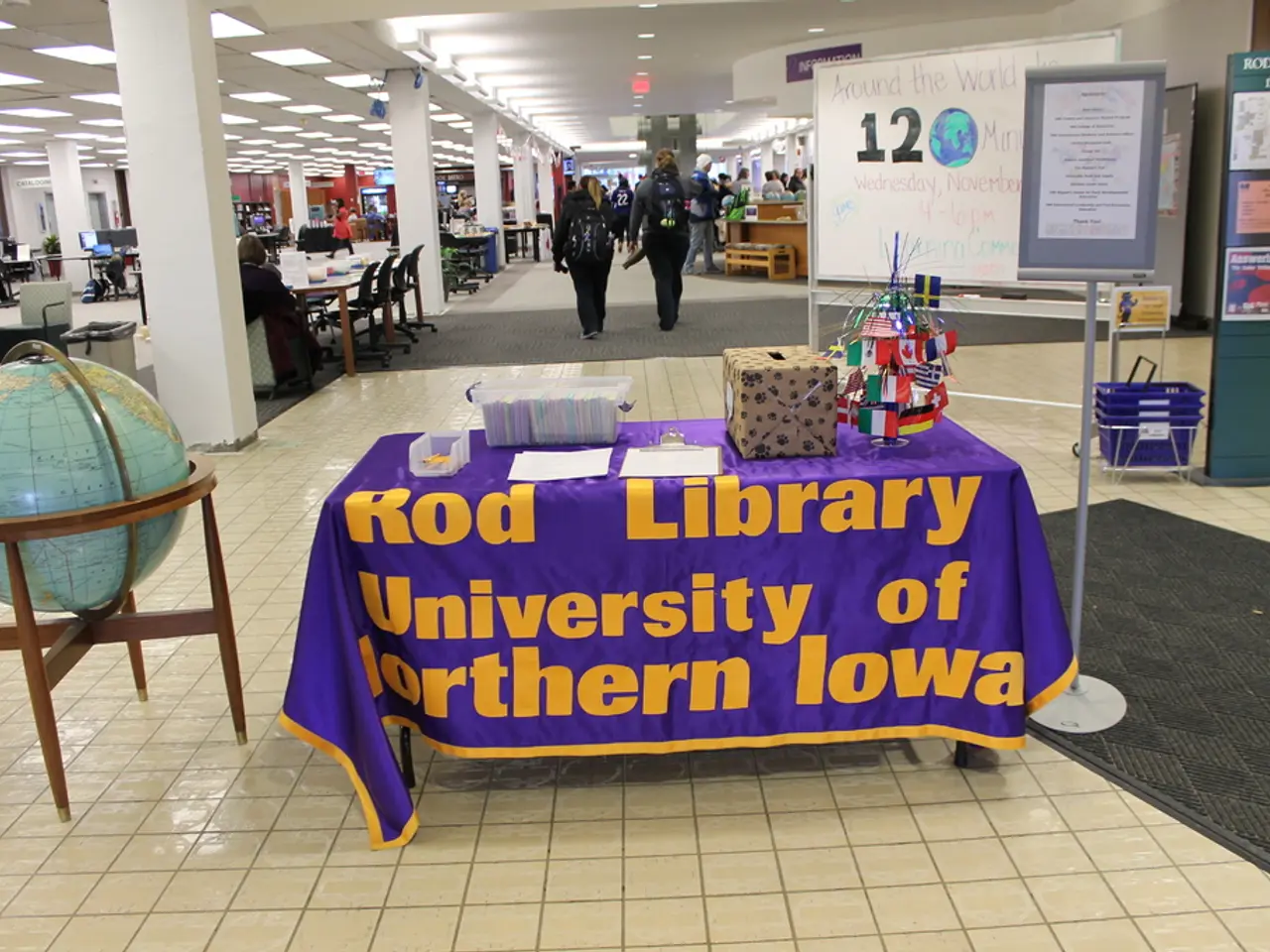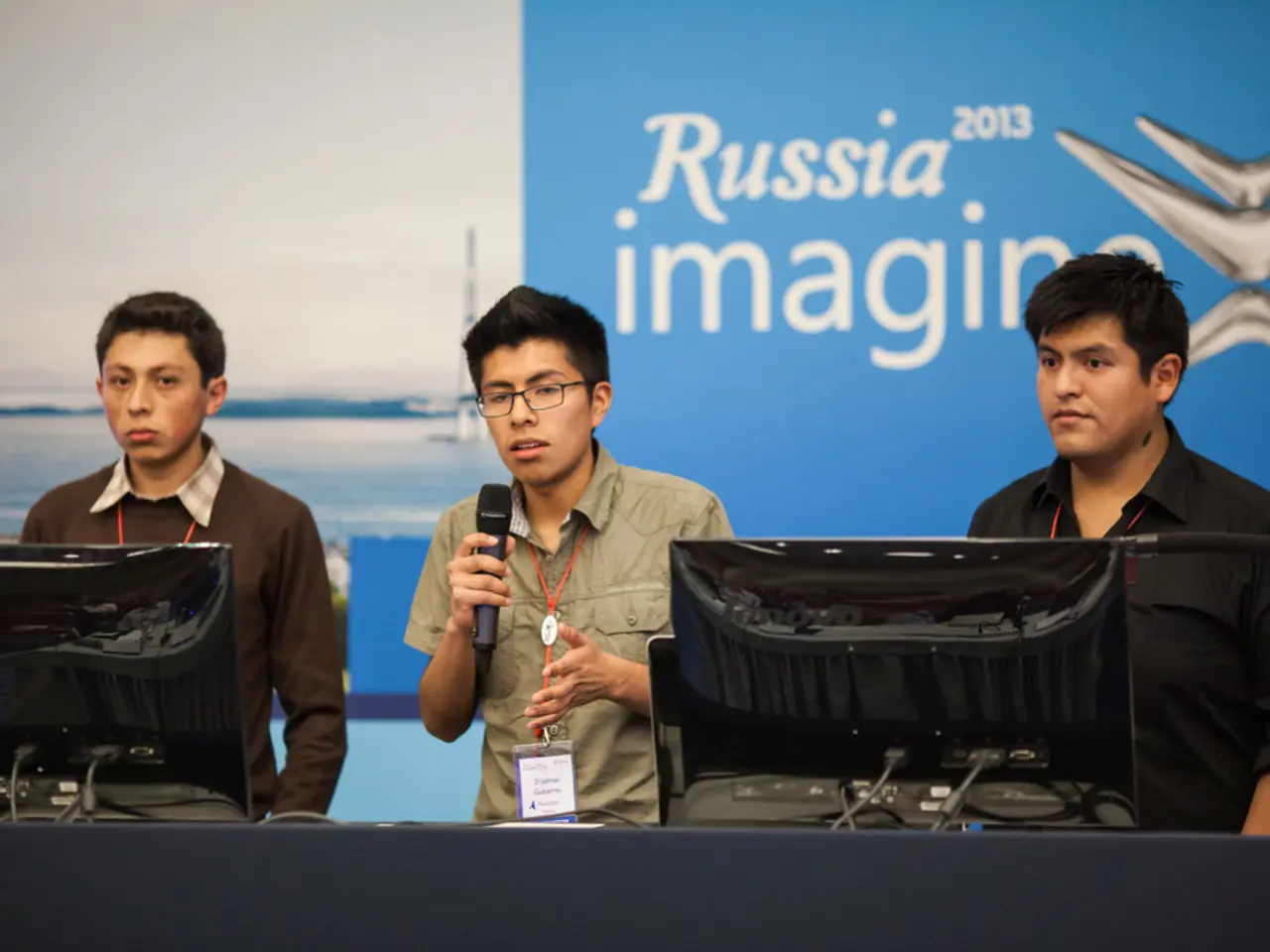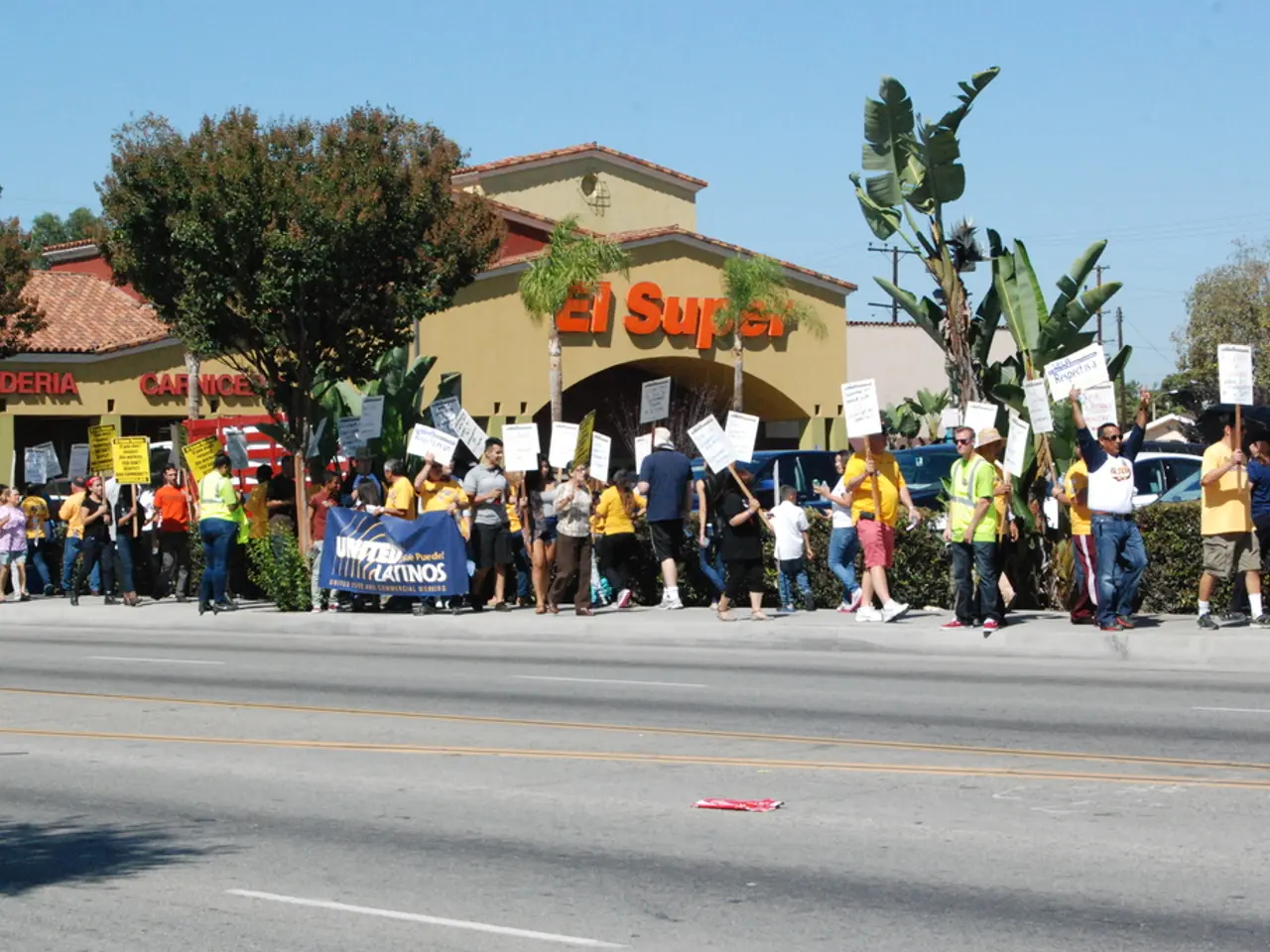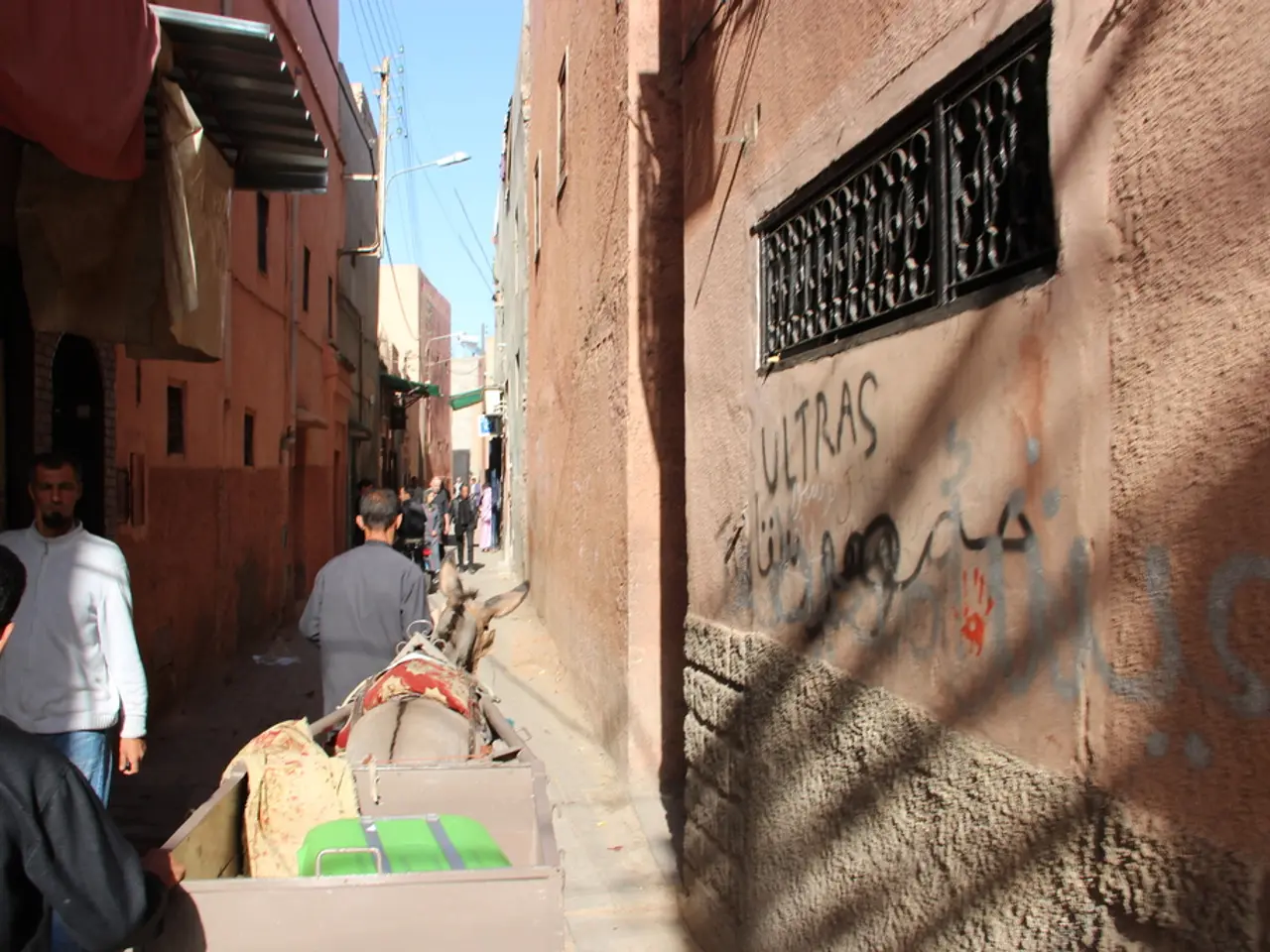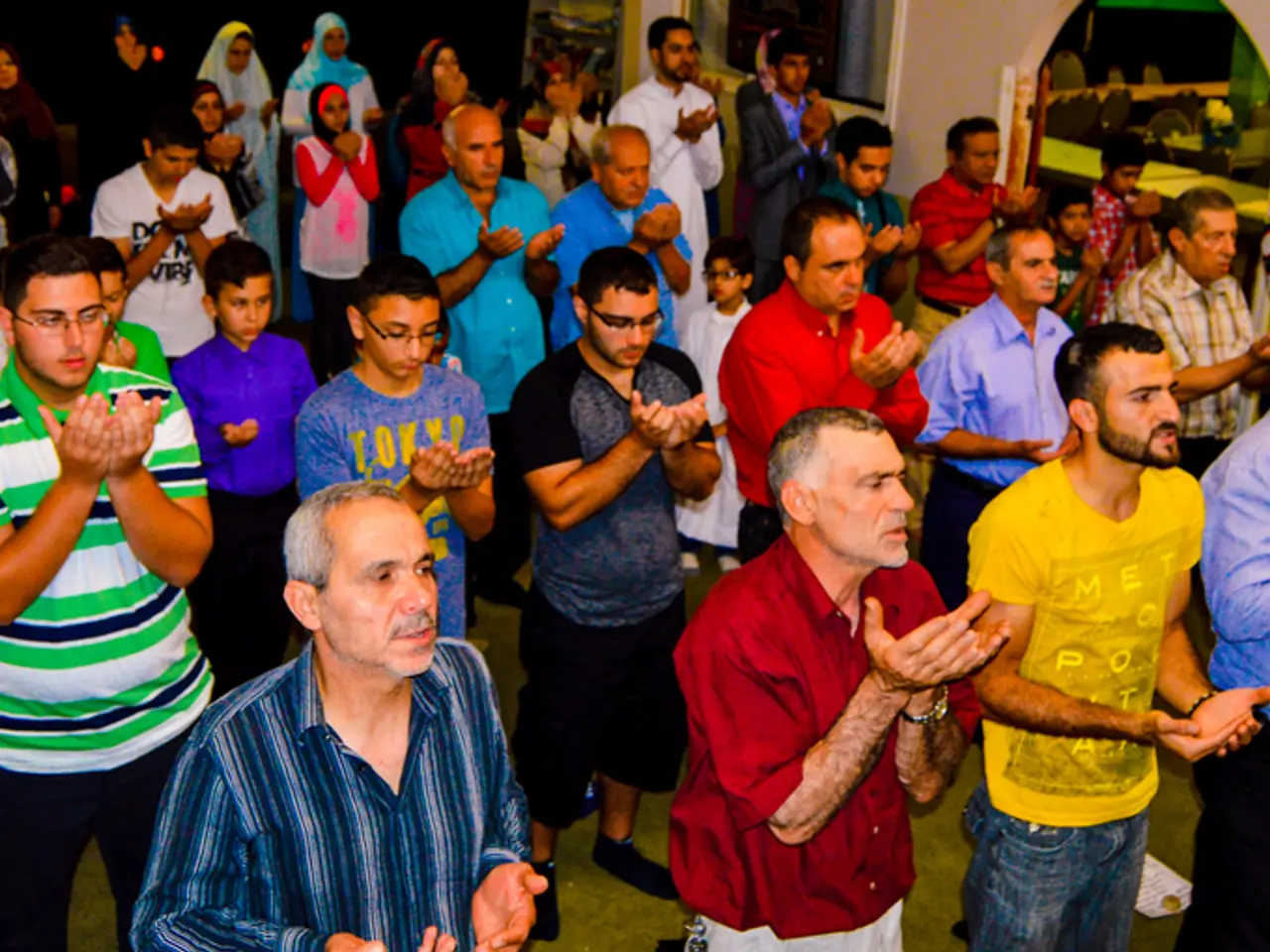Visit Report of António Guterres in Central Asia: Exploring Foreign Affairs, Turkish-Kazakh Ties, and the Enduring Legacy of Abai
Kazakhstan Strengthens Diplomatic Ties and Promotes Multilateral Cooperation
Kazakhstan, under the leadership of President Kassym-Jomart Tokayev, is actively engaging in regional diplomacy, positioning itself as a middle power that promotes good neighborliness, regional integration, and multilateral cooperation [1][5].
Recently, the Kazakh delegation met with whistleblower attorney Stephen Kohn in Washington, D.C., to learn about whistleblower laws and transnational anticorruption [6]. Kohn recommended that the Kazakh delegation pursue policies that encourage and incentivize whistleblowers to come forward, as traditional law enforcement tools are less effective without their help in detecting corruption [7].
In terms of international organizations, Kazakhstan is recognized for its active participation and influence. The country is deeply involved in key platforms such as the United Nations (UN), Shanghai Cooperation Organisation (SCO), Organization of Turkic States (OTS), and the Conference on Interaction and Confidence-Building Measures in Asia (CICA) [1][5]. Kazakhstan's involvement reflects its commitment to regional stability and global dialogue, with the UN Regional Center for Sustainable Development Goals (SDGs) in Astana inaugurated by UN Secretary-General António Guterres [4]. The center aims to support regional economies, ease migration pressures, and introduce a framework for incremental political stabilization in Afghanistan [2].
Kazakhstan's regional diplomacy extends to its partnership with Turkey, which is receiving particular attention as ties among the Turkic states continue to deepen [3]. Turkish expert Engin Ozer shared insights on the political, economic, and logistical prospects of the partnership between Turkey and Kazakhstan. President Kassym-Jomart Tokayev of Kazakhstan visited Ankara, Turkey, and signed a joint declaration and decisions of the High-Level Strategic Cooperation Council, aiming to strengthen bilateral cooperation [8].
In addition to its regional diplomacy, Kazakhstan is also deepening cooperation with Iran, agreeing to expand transport cooperation and draw up a joint roadmap to enhance regional connectivity, particularly through the eastern route of the North-South Corridor [9].
Abai Qunanbaiuly, a towering figure in Kazakh literature, continues to resonate within world literature as Kazakhstan celebrates the 180th anniversary of his birth [10]. Kennan, an American journalist, visited Semei (then Semipalatinsk) in 1885 and was deeply impressed by the city's public library, marking one of the earliest references to the Kazakh thinker in Western literature [11]. Abai's influence shaped the nation's cultural and spiritual identity.
The North-South Corridor is a transit project aimed at improving regional connectivity between countries [9]. During a meeting in Turkmenistan, Iranian Minister of Roads and Urban Development Farzaneh Sadegh and Kazakhstan's Transport Minister Nurlan Sauranbayev discussed the importance of accelerating transit projects [12].
In sum, Kazakhstan today is an influential regional actor promoting multilateralism, deepening ties with Turkey through Turkic cooperation, actively participating in the UN and other international organizations, and maintaining a balanced approach with global powers, all framed by Tokayev’s strategic diplomatic vision [1][3][5].
- The Kazakh delegation, following President Kassym-Jomart Tokayev's leadership, is considering adopting policies promoting whistleblower laws and incentivizing transparency as part of its policy-and-legislation agenda in the realm of general-news, particularly focused on transnational anticorruption.
- In the broader context of politics and general-news, Kazakhstan, acknowledging the importance of multilateral cooperation and regional integration, continually engages in active participation and influence within international organizations such as the United Nations (UN), the Shanghai Cooperation Organisation (SCO), and the Organization of Turkic States (OTS), among others.
